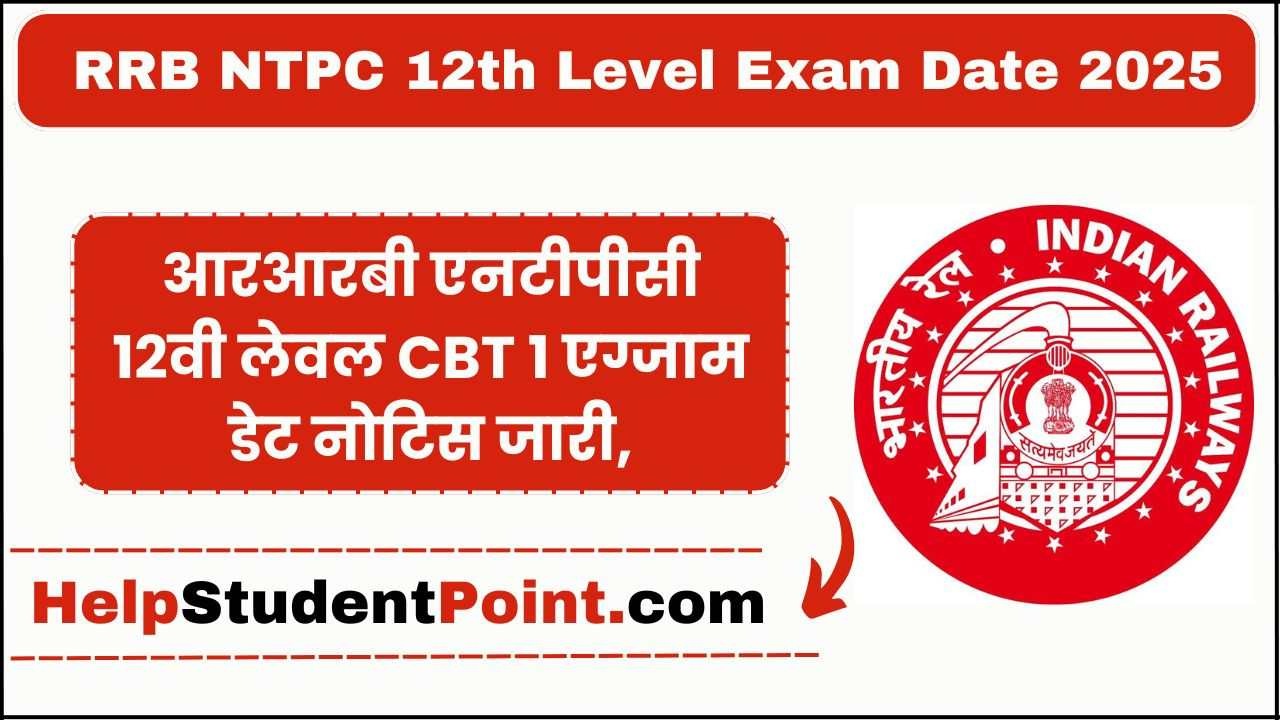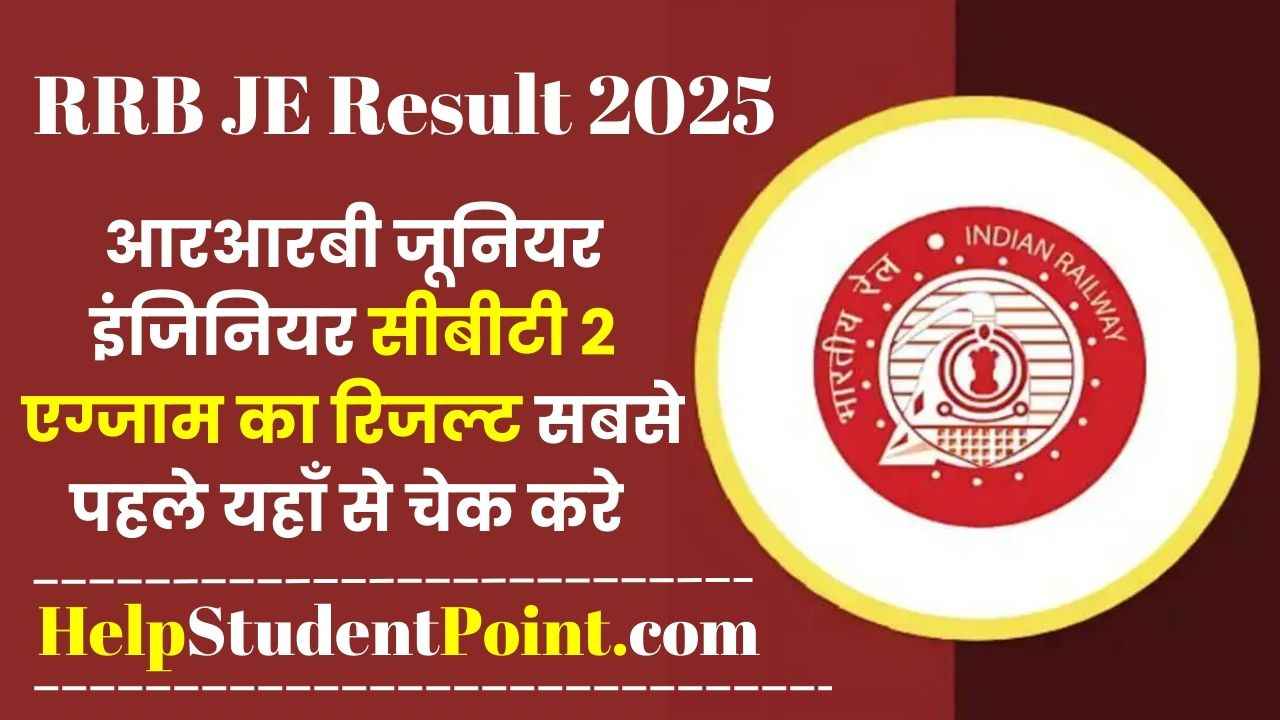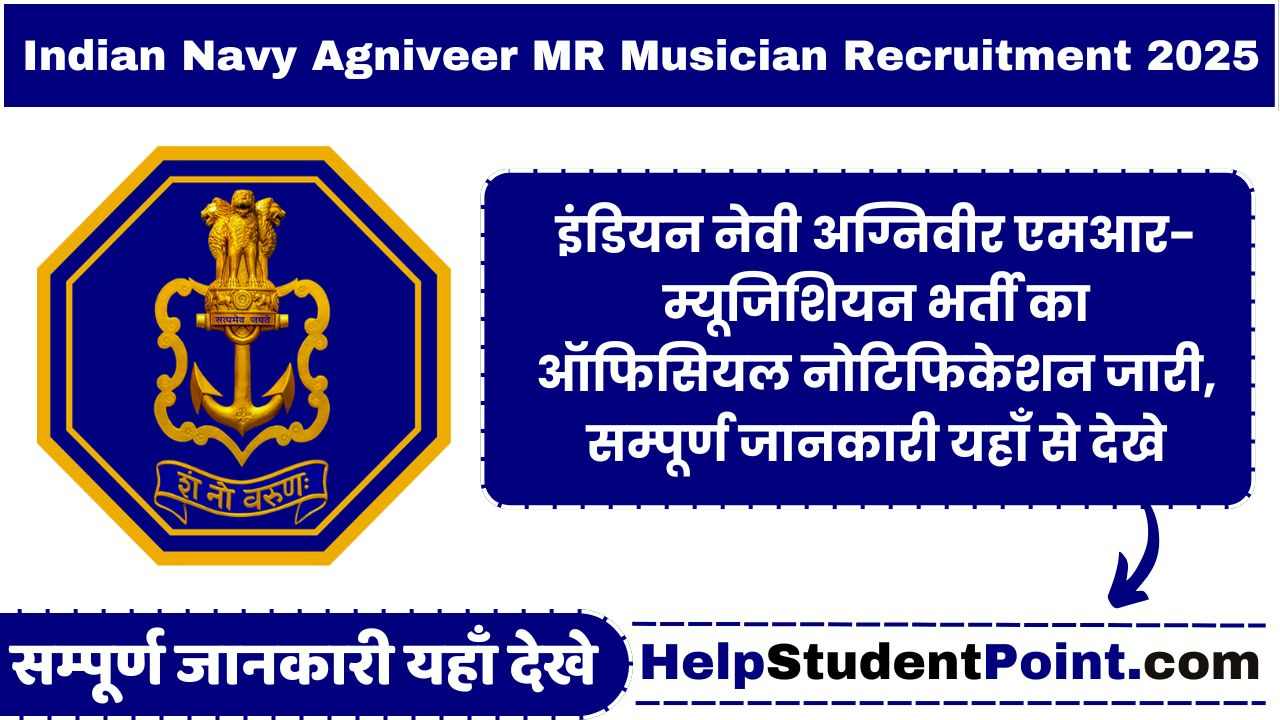upsc syllabus in bengali medium, upsc bengali optional question paper, how to prepare bengali for upsc, upsc compulsory bengali books, upsc study material in bengali, upsc bengali optional previous year question paper, ias exam in bengali medium, upsc bengali optional question paper
UPSC CSE Bengali Literature Syllabus for Paper-I, UPSC CSE Bengali Literature Syllabus for Paper-II
| UPSC CSE Bengali Literature Syllabus for Paper-I |
|
Section A : Topics from the History of Bangla language
1. The chronological track from Proto Indo-European to Bangla (Family tree with branches
and approximate dates).
2. Historical stages of Bangla (Old, Middle, New) and their linguistic features.
3. Dialects of Bangla and their distinguishing characteristics.
4. Elements of Bangla Vocabulary.
5. Forms of Bangla Literary Prose—Sadhu and Chalit.
6. Processes of language change relevant for Bangla :
Apinihiti (Anaptyxis), Abhishruti (umlaut), Murdhanyibhavan (cerebralization),
Nasikyibhavan (Nasalization), Samibhavan (Assimilation), Sadrishya (Analogy), Svaragama
(Vowel insertion) —Adi Svaragama, Madhya Svaragama or Svarabhakti, Antya Svaragama,
Svarasangati (Vowel harmony), y—shruti and w—shruti.
7. Problems of standardization and reform of alphabet and spelling, and those of transliteration
and Romanization.
8. Phonology, Morphology and Syntax of Modern Bangla.
(Sounds of Modern Bangla, Conjuncts; word formations, compounds; basic sentence
patterns.)
Section B : Topics from the History of Bangla Literature.
1. Periodization of Bangla Literature : Old Bangla and Middle Bangla.
2. Points of difference between modern and pre-modern Bangla Literature.
3. Roots and reasons behind the emergence of modernity in Bangla Literature.
4. Evolution of various Middle Bangla forms ; Mangal Kavyas, Vaishnava lyrics, Adapted
narratives (Ramayana, Mahabharata, Bhagavata) and religious biographies.
5. Secular forms in middle Bangla literature.
6. Narrative and lyric trends in the nineteenth century Bangla poetry.
7. Development of prose.
8. Bangla dramatic literature (nineteenth century, Tagore, Post-1944 Bangla drama).
9. Tagore and post-Tagoreans.
10. Fiction, major authors :
Bankimchandra, Tagore, Saratchandra, Bibhutibhusan, Tarasankar, Manik ).
11. Women and Bangla literature : creators and created. |
| UPSC CSE Bengali Literature Syllabus for Paper-II |
|
Section A
1. Vaishnava Padavali (Calcutta University)
Poems of Vidyapati, Chandidas, Jnanadas, Govindadas and Balaramdas.
2. Chandimangal Kalketu episode by Mukunda (Sahitya Akademi).
3. Chaitanya Charitamrita, Madhya Lila by Krishnadas Kaviraj (Sahitya Akademi).
4. Meghnadbadh Kavya by Madhusudan Dutta.
5. Kapalkundala by Bankimchandra Chatterjee.
6. Samya and Bangadesher Krishak by Bankimchandra Chatterjee.
7. Sonar Tari by Rabindranath Tagore.
8. Chhinnapatravali by Rabindranath Tagore.
SECTION B
9. Raktakarabi by Rabindranath Tagore.
10. Nabajatak by Rabindranath Tagore.
11. Grihadaha by Saratchandra Chatterjee.
12. Prabandha Samgraha, Vol. 1, by Pramatha Choudhuri.
13. Aranyak by Bibhutibhusan Banerjee.
14. Short stories by Manik Bandyopadhyay : Atashi Mami, Pragaitihasik, Holud-Pora, Sarisrip,
Haraner Natjamai, Chhoto-Bokulpurer Jatri, Kustharogir Bou, Jakey Ghush Ditey Hoy.
15. Shrestha Kavita by Jibanananda Das.
16. Jagori by Satinath Bhaduri.
17. Ebam Indrajit by Badal Sircar. |
Frequently Asked Questions (FAQs) On UPSC CSE Optional Syllabus
Question- What is the UPSC’s Annual Programme (Calendar) of Examinations/RTs (Recruitment Tests)?
Answer – The UPSC publishes an Annual Programme (Calendar) of all the Structured Examinations/RTs conducted by it at least 6 months in advance (i.e. in June) for the Examinations/RTs to be conducted during the next calendar year. The Programme is uploaded on the UPSC’s website as also published in the leading news papers of the country. The date of issue of Examination Notice for each Examination is also mentioned in this Annual Programme.
Question- What happens if a candidate submits multiple online applications?
Answer – While a candidate should avoid submitting more than one online application, in case of doing so, the data provided in the last application (highest RID Number), that is successfully submitted online, is accepted by the Commission. All previous applications are ignored as these are amalgamated with the last completed & finally submitted application. If an applicant (who has already submitted an application successfully) wants to
make amendments in the application, then he has to submit a fresh application on or before the last date of submission of application of the Examination. Therefore, it must be ensured that fee is submitted against the
last online application only, which should also be complete in all respects including its final submission. Fee paid against one RID shall not be adjusted against any other RID number
Question- What action is taken by the Commission in case of submission of false information by the candidates?
Answer – A candidate found to be furnishing false information to the Commission or suppressing information, adopting various unfair means in the Examination like impersonation, cheating, etc., is liable to be disqualified
and/or debarred from writing UPSC Examinations as decided by the Commission. A detailed stipulation in this regard is incorporated in the Rules of Examination/ Examination Notices.





